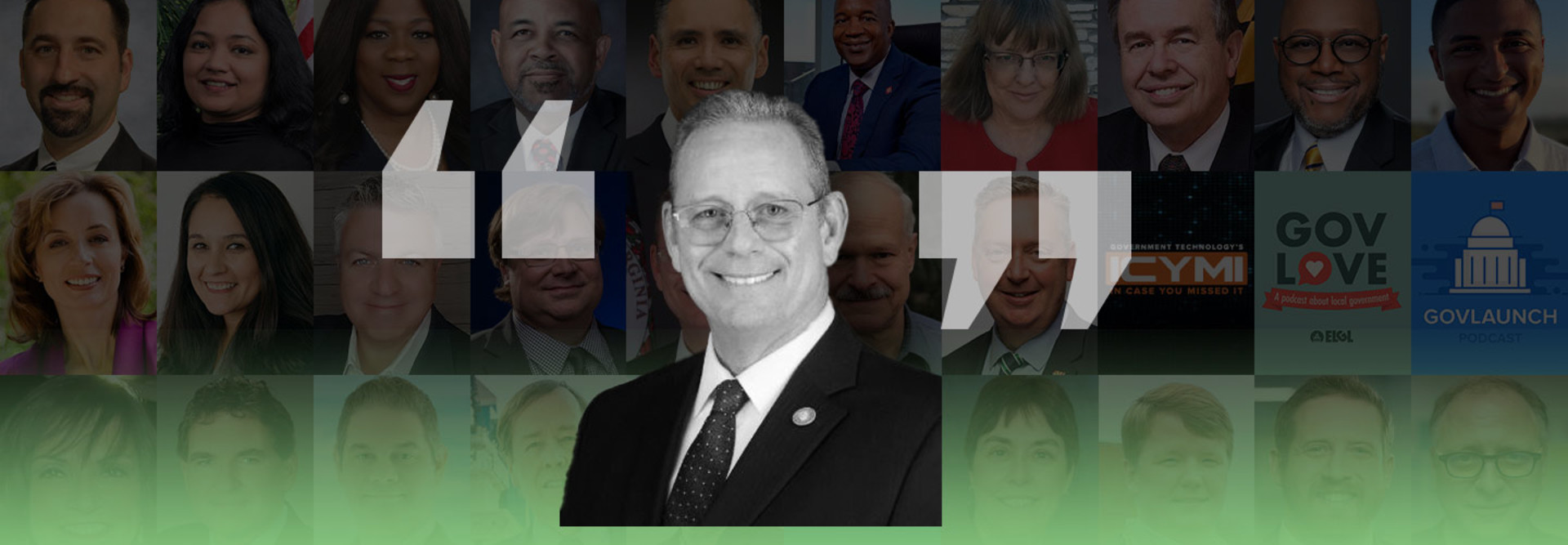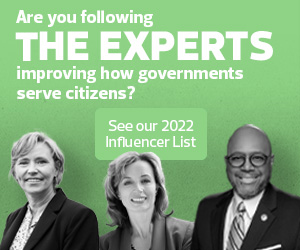STATETECH: What’s at the top of your agenda today?
Pfeil: At the very top of our agenda is building out a comprehensive, commonwealthwide analytics platform for predictive modeling and things of that nature for all of our agencies. With that, we can enable better efficiencies, eliminate redundancies and show cost savings at the agency level.
We should have at least 10 agencies onboarded into the predictive analytics models toward the end of the fall, utilizing a federated pass-through model from us so that they can work with their data. We’ll also get them the training they need to use that portal.
We’re working on more tactical things as well, from building out dashboards based on certain data to providing corollaries of data across different agencies. We’re trying to help them find that missing piece of the jigsaw puzzle that enables a business outcome.
RELATED: How data is driving decision-making and efficiency in Virginia.
STATETECH: What are some of the specific technologies involved?
Pfeil: We are primarily a Microsoft shop, so we use a lot of Power BI and Azure. We do work with other cloud services, Google and AWS, because we’ve got some local agency preferences. When that data is uploaded, we need to find ways to get it into our data lake so that we can format the information in a way that makes sense.
For the advanced analytics platform, we’re going to be implementing Vertica, and hopefully we’ll revisit a single sign-on portal, probably using Okta.
DISCOVER: How municipalities are using the modeling platform to assess their approach to operations.
STATETECH: What are the biggest challenges you face, and are you addressing them?
Pfeil: One major challenge is notoriety, just people knowing about it and getting the word out. Another is consensus-building, because people generally don’t have a good feeling about government, and so we need to be building trust with folks.
In practical terms, there’s building consensus from a legislative perspective: getting the right support and buy-in from not just the secretary and the governor but from the legislative branches as well. Then, there are the localities; they are doing some really good stuff, and we want to enable them to replicate that across the state, helping then to mature in the proper ways.












